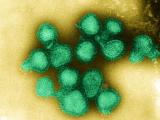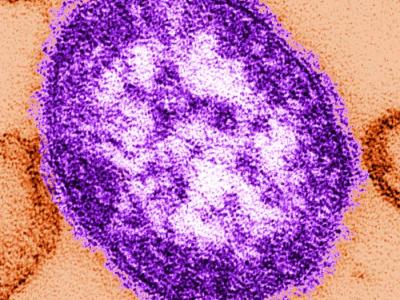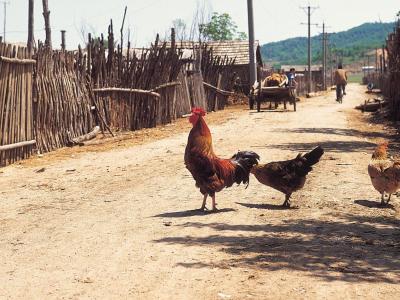Apr 26, 2009 (CIDRAP News) – The World Health Organization (WHO) today held to its position that more information is needed before a decision can be made about changing its pandemic influenza alert status from the current phase 3 to phase 4. Moving to phase 4 would mean that the new virus is transmissible enough to cause large outbreaks.
At a briefing this morning, the WHO's Dr. Keiji Fukuda reiterated yesterday's message that the emergency committee wants more information to help it make the phase-change decision. "The committee will be reconvened on Tuesday unless there's additional information indicating we should meet earlier," he said.
When prodded by reporters' questions about the appropriateness of waiting, Fukuda said, "If WHO makes a decision that the phase has changed, this is really a very serious signal to the world. I have no doubt that many countries are already taking these actions, but it does send a signal, so we want to make sure we're standing on pretty good solid ground."
He also acknowledged that many groups are waiting for a WHO decision and promised that the agency would not delay it for long.
Fukuda, who is the WHO's assistant director-general for health security and environment, emphasized how little is known yet about the new swine flu virus, and particularly why it seems to have caused severe illness in Mexico but only mild cases in the United States.
"We don’t know how often it causes serious disease as opposed to mild disease, but apparently we see both of those things occurring right now," he said.
He noted that only some of the cases reported in Mexico are lab-confirmed swine flu cases, whereas those reported in the United States are confirmed. "So it's very difficult to know if we are seeing a quite different situation in the United States and Mexico. The typical picture for influenza viruses is that they cause both mild and severe cases."
Mexican authorities are trying to determine the fatality rate for the cases there, he noted.
Experts have yet to determine the incubation period for the new virus, though flu viruses in general incubate anywhere from 1 to 4 days before causing symptoms, Fukuda said.
In other comments, he said the WHO has seen no evidence that the illnesses are related to a bioterrorist attack.
In response to a question about global preparedness, Fukuda said the past 5 years of pandemic preparedness efforts, though inspired primarily by the H5N1 avian flu virus, have left the world "much, much better prepared than we've ever been for dealing with this kind of situation."
He said communications have been good, lab investigations have been completed quickly, and genetic sequences for the new virus are in public databases, among other positive developments. "I'm really impressed at how well countries have handled this," he commented.
Replying to a question about the speed of Mexico's response to its outbreak, Fukuda defended the Mexican government's actions. He said the first cases surfaced while the country was still dealing with seasonal flu, making it harder to recognize them as something unusual.
"When they did notice they were seeing an increase in pneumonia cases and in serious pneumonia cases I think they took actions that were prudent," he said.
When a reporter said that Russia has banned pork imports from Mexico and asked if the action was appropriate, Fukuda responded, "Right now we have no evidence to suggest that people are getting infected from exposure to pork or to pigs."
Fukuda also noted that the WHO has 5 million doses of oseltamivir (Tamiflu) in regional stockpiles, but he did not mention any immediate plans to deploy them.
See also:
Current WHO pandemic alert phase
http://www.who.int/influenza/preparedness/pandemic/h5n1phase/en/
Oct 24, 2008, CIDRAP News story about revision of pandemic alert phases
http://www.cidrap.umn.edu/cidrap/content/influenza/panflu/news/oct2408who.html


















